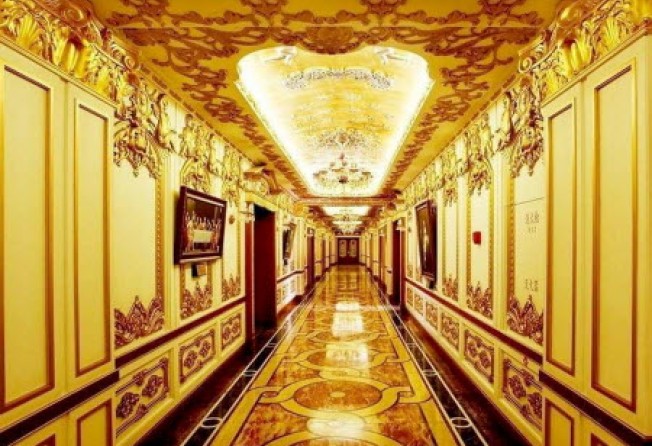What's in a name? Opulent Chinese government offices renamed to go under radar
Government headquarters are quietly transforming into "integrated service buildings" and "business centres"

Certain luxury government offices in China have quietly changed their names, masked their appearances and resorted to all manner of subterfuge in an effort to circumvent a recent state ban on excess spending.
In details revealed in a Xinhua state media report, journalists in Anhui, Jiangsu and Hubei provinces discovered posh government offices that were stealthily slipping under the radar. In order to avoid exposure, these offices were often going under different names, including “business centre,” “integrated service building” and “citizen service centre.”
These stealthy name changes come in response to a July law instituted by President Xi Jinping that ordered a five year suspension on the construction of new office buildings. The law, designed as part of a new national frugality campaign, aimed to curtail the building of luxury offices which have achieved notoriety as lavish architectural projects, often mimicking European castles. However they are also a drain on public resources, particularly felt when they are constructed in the poorer regions of China.
The five-year ban included instructions that posh offices could not be built under disguised designations like “centre” or “service building”. But this seems to have made little difference in practice.
In Jiangsu, government power company offices have been renamed “dispatch centres,” and public security offices have been renamed “technical investigation centres,” Xinhua reported. In Hubei, reporters discovered that various offices were being built for the city’s human resource and social security departments under disguised names as well.
Furthermore, the government ban does not necessarily target existing structures, especially if these buildings remain unexposed. In order to avoid being reported by locals, one luxurious county government building in Anhui removed its name altogether, taking down any form of eye-catching signage that hinted towards the plush offices inside. Anhui residents said that because of the lack of signage, they did not even know that the building was a county office.
Even when government office buildings remain architecturally modest, an increasing trend in “luxurious canteens” has sprung up to bring lavishness to the dining table. Former vice president of the Hebei School of Administration, Liu Ri, told reporters that while the ban on luxury buildings has affected their construction, it did little to stop the renovation and expansion of deluxe cafeteria spaces in government offices.
Netizens on China’s Sina Weibo social network were largely unsurprised by the phenomenon of renamed government offices.
“This is a universal phenomenon that exists everywhere,” one poster wrote. “I can only hope that the central government listens to the common voice of the people and makes a thorough investigation of this squandering of taxpayers' money.”